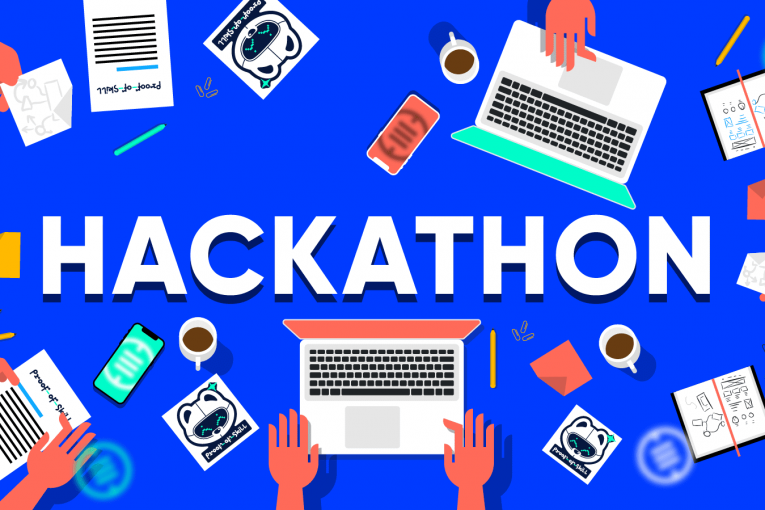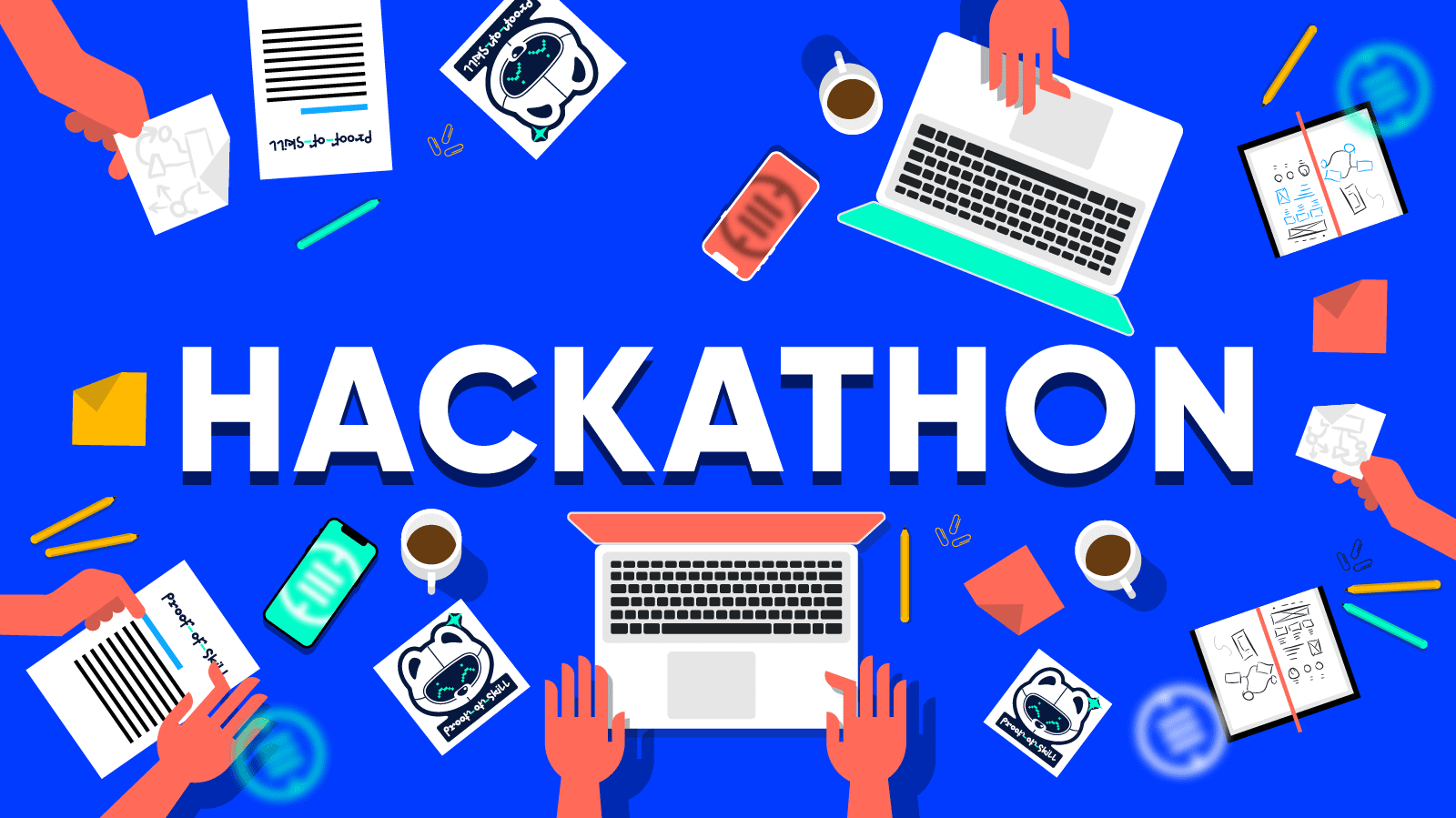
 By Diana Zhu
By Diana Zhu
DAVIS – SacHacks is the first major intercollegiate hackathon in Sacramento open to all college students with the goal of cultivating the untapped potential of those in the Northern Californian region. During this event, participants launch their ideas into action during a 36-hour hackathon, where passionate people gather together to create, build and bring their ideas to fruition.
Traditionally, hackathons have been exclusively for students minoring in computer science, but this year’s hackathon has a design focus. Their design track does not require participants to have coding experience to design the project of their dreams – they can code, learn something new and launch innovative ideas.
This free three-day hackathon is being hosted on the Hopin virtual conference platform, allowing for informative workshops, opportunities to network, guest speakers and interactive social events.
SacHacks is expecting around 450 people in attendance, and this year’s events started on Friday, Feb. 19, to end on Sunday, Feb. 21.
Participants are given a “Hacker Guide” that includes various developer tools and other tech-related tools and benefits.
Teams of one to four must submit projects that include code, design files and recorded videos, beginning at 7 p.m. on Friday.
Submissions will be judged based on and awarded in design, code and launch with prizes, including Amazon gift cards, online subscriptions, top-rated tech equipment and gaming accessories.
One project that won last year was Viral Watch. This app takes real COVID-19 data, and the developers trained a machine learning model that predicted the spread of the virus to help both businesses and civilians, allowing for a feature that creates an algorithm to provide reduced-risk routes to those who need to travel during that time.
Before the event began, participants filled out a check-in form, joined SacHacks’ Discord server and found team members.
Day one of SacHacks included an opening ceremony with speakers Ashley, Chris and Nick D. The speakers introduced the event, describing the guidelines and prizes.
Following was one of SacHacks’ sponsors, IBM, with a keynote workshop hosted by Javier Perez, Open Source Leader at IBM Z.
Perez spoke about the applications and possibilities with Open Source in machine learning, augmented reality, virtual reality, automation, artificial intelligence, deep learning and virtual assistance.
Perez said there are many ways to consume knowledge, such as reusing Open Source software, building on top of open-source software and monetizing one’s software.
He said there are also ways to contribute back to the community, such as documentation, translation, advocacy and contributing to the upkeep of open-source software.
Perez brought up examples of machine learning, such as in the U.S. Open 2020, where 40 million pieces of unstructured data from sports news and analysis articles were brought together to generate fact sheets in real-time.
Another example that Perez mentioned is the Mayflower Autonomous Ship, a fully-autonomous, AI-powered marine research vessel equipped with onboard cameras, radars, sensors, GPS and geospatial information to travel from Plymouth, England to Plymouth, Mass., under Operation Decision Management to identify “unsafe” situations like weather, and computer vision to avoid hazards such as land, debris and other ships.
Tanmay Bakshi, Software Developer and Developer Advocate at IBM, spoke on artificial intelligence in augmenting songwriting and began by speaking about the apparent negative connotations attached to artificial intelligence in the workforce.
Bakshi said in reality, AI does not replace creativity.
“AI can only process information that has already existed, lacking the ingenuity of human creativity,” Bakshi said, comparing AI to the internet.
Bakshi said that without human creativity to use the internet, the internet would not be able to progress and evolve; without human creativity to utilize AI, AI would not be able to evolve either.
With that food for thought, participants began the 2021 SacHacks.
Now with less than 24 hours, participants are working hard, eager to submit their projects for judgment on Sunday, Feb. 21.
 Diana Zhu is a fourth-year transfer student from Rancho Cucamonga, CA. She is majoring in Chinese and minoring in Professional Writing.
Diana Zhu is a fourth-year transfer student from Rancho Cucamonga, CA. She is majoring in Chinese and minoring in Professional Writing.
Support our work – to become a sustaining at $5 – $10- $25 per month hit the link:





